Health
Best foods and beverages for mental health
Mental health needs more attention now more than ever in today’s world of unstable economy and COVID-19 pandemic. Changes in employment and working conditions have fueled depressive and anxiety symptoms, making it more prevalent in both men and women across the world.
The scale of mental distress since the start of the pandemic requires unprecedented levels of mental health support if it is not to lead to permanent scarring. As such, MyBigPlunge brings to you the best foods and beverage to boost mental health:
Fish
Tuna, sardines, trout, mackerel, oysters, mussels and salmon are great options to deal with depression. They are good sources of fish oil and omega-3 fatty acids that improve brain health.
They can also play an important role in reducing mood swings by regulating neurotransmitters that make you feel good.
Green Tea
Green tea boasts two nootropic compounds I-theanine and epigallocatechin gallate (EGCG). Studies say that I-theanine may promote relaxation, and when combined with caffeine may improve attention. It also supports focus, attention and memory.
EGCG is able to enter your brain through the blood-brain barrier, meaning it could exert beneficial effects on the brain or even combat neurodegenerative diseases.
Seeds
Chia seeds and flaxseed are loaded with omega-3 fats. Only one tablespoon of flaxseed offers 30% of the daily omega-3 recommended amount. The same quantity of chia seeds comes with 61% of the omega-3 daily recommendation.
You can also take squash and pumpkin seeds which also pack a powerful punch to increase tryptophan. It’s an essential amino acid that the body needs to create serotonin.
Orange Juice
Orange juice is rich in vitamin C, which offers neuroprotective benefits. Studies say that those with higher blood levels of vitamin C or a higher self-reported vitamin C intake had better attention, memory and language scores than those with lower blood or intake levels.
The best way to obtain this vitamin is simply to eat an orange. The whole fruit is lower in calories and sugar, as well as higher in fiber, than orange juice.
Also Read: World View offers 5-day balloon voyage to edge of space, priced at $50,000 per seat
Whole Grains
Whole grains are identified as beneficial for depression. A recent study revealed that women who ate moderate amounts of whole grains were less likely to experience anxiety.
This was compared to those who ate fewer whole grains, but also women who ate more refined grains (white rice, white bread, even baked goods) were more likely to experience depression and anxiety. To get your fill of whole grains, opt for oatmeal, whole-meal bread, corn tortillas, barley and quinoa.
Blueberry juice
Blueberries are rich in polyphenol plant compounds that may provide brain-boosting benefits. Anthocyanins (antioxidants) are largely responsible. Blueberry juice is loaded with these compounds. Eating whole blueberries is a healthier, lower sugar option. Ounce for ounce, blueberries have about one third the calories of other fruits such as bananas with about 20% less sugar.
Their brain-boosting power comes from their high concentration of antioxidants which help to balance the number of free radicals in the body to counteract oxidative stress and support a healthy, well-functioning immune system.
Vegetables
Consuming vegetables is important for everyone and its specifically important for adults suffering from a depressive disorder because they have a lower dietary folate intake than mentally fit individuals. Fiber and folate make veggies one of the best foods to stabilize and improve your overall well-being.
Veggies, especially with darker leafy greens, are rich in Alpha-Linolenic Acid. Some of the most important veggies that you should take are watercress, kale, spinach and Brussels sprouts.
Turmeric Lattes
Turmeric lattes, also called golden milk, are warm, creamy drinks featuring the bright yellow spice turmeric. This spice contains the antioxidant curcumin, which may increase the body’s production of brain-derived neurotrophic factor (BDNF).
Raising BDNF levels may improve brain function.
Poultry
Chicken and turkey are great sources of lean protein that can help to stabilize blood sugar levels, keeping the mood well-balanced during the day. Turkey and chicken breasts are known to provide high amounts of tryptophan.
Again, this is beneficial because it helps create serotonin, which assists us in maintaining healthy sleep and a balanced mood. Just three ounces of roasted chicken breast offers 123% of the recommended daily intake of tryptophan.
Beetroot Juice
Beets are deep red root vegetable that is naturally rich in nitrates, a precursor to nitric oxide, which the body uses to promote oxygenation and improve blood flow. Nitric oxide signaling may play roles in the areas of your brain responsible for language, learning, and advanced decision-making, and beetroot juice may boost these effects by increasing nitric oxide production.
Many people drink beetroot juice before their workouts for its blood flow boosting qualities.
Beans
Beans are a great source of protein and fiber, both of which help to maintain stable and consistent blood sugar levels. In addition to helping minimize the blood sugar spikes and dips that can affect our mood, beans are also great sources of folate.
Folate is a B vitamin that helps the body produce blood cells, DNA and RNA, and metabolise proteins.













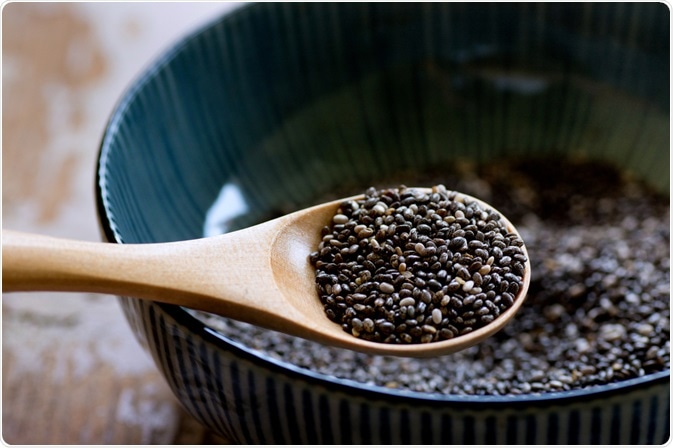
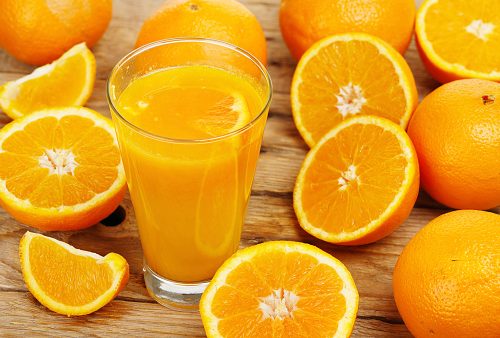
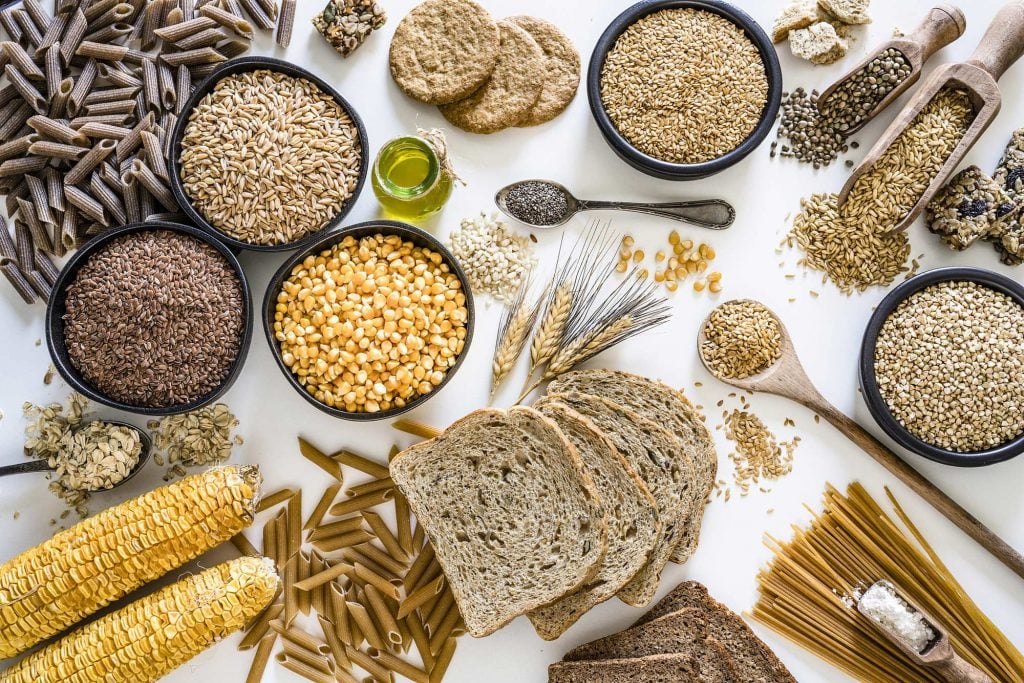
.jpg)



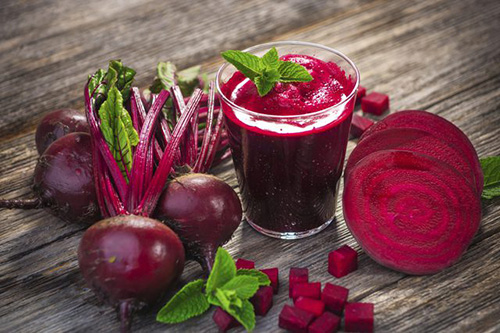
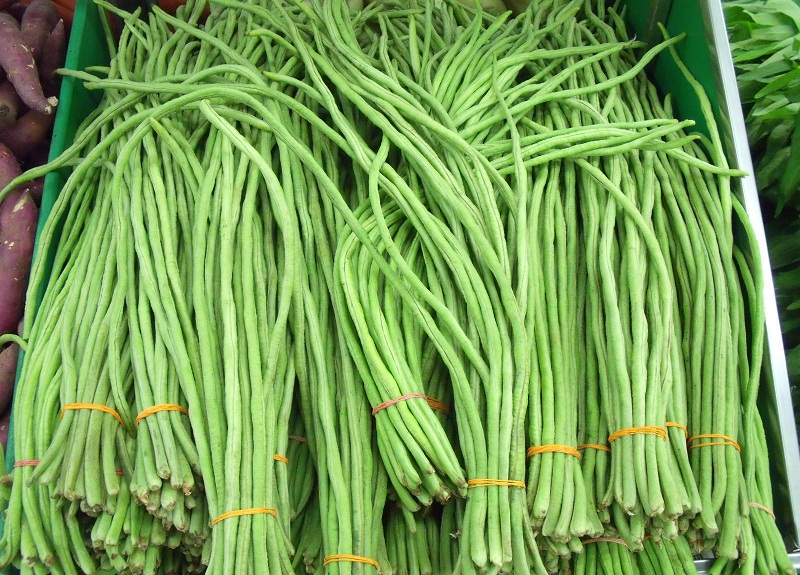






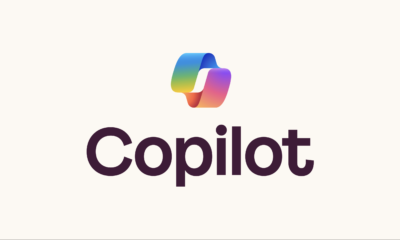























Pingback: La santé mentale nécessite plus d'attention que jamais. - Blog Voyage